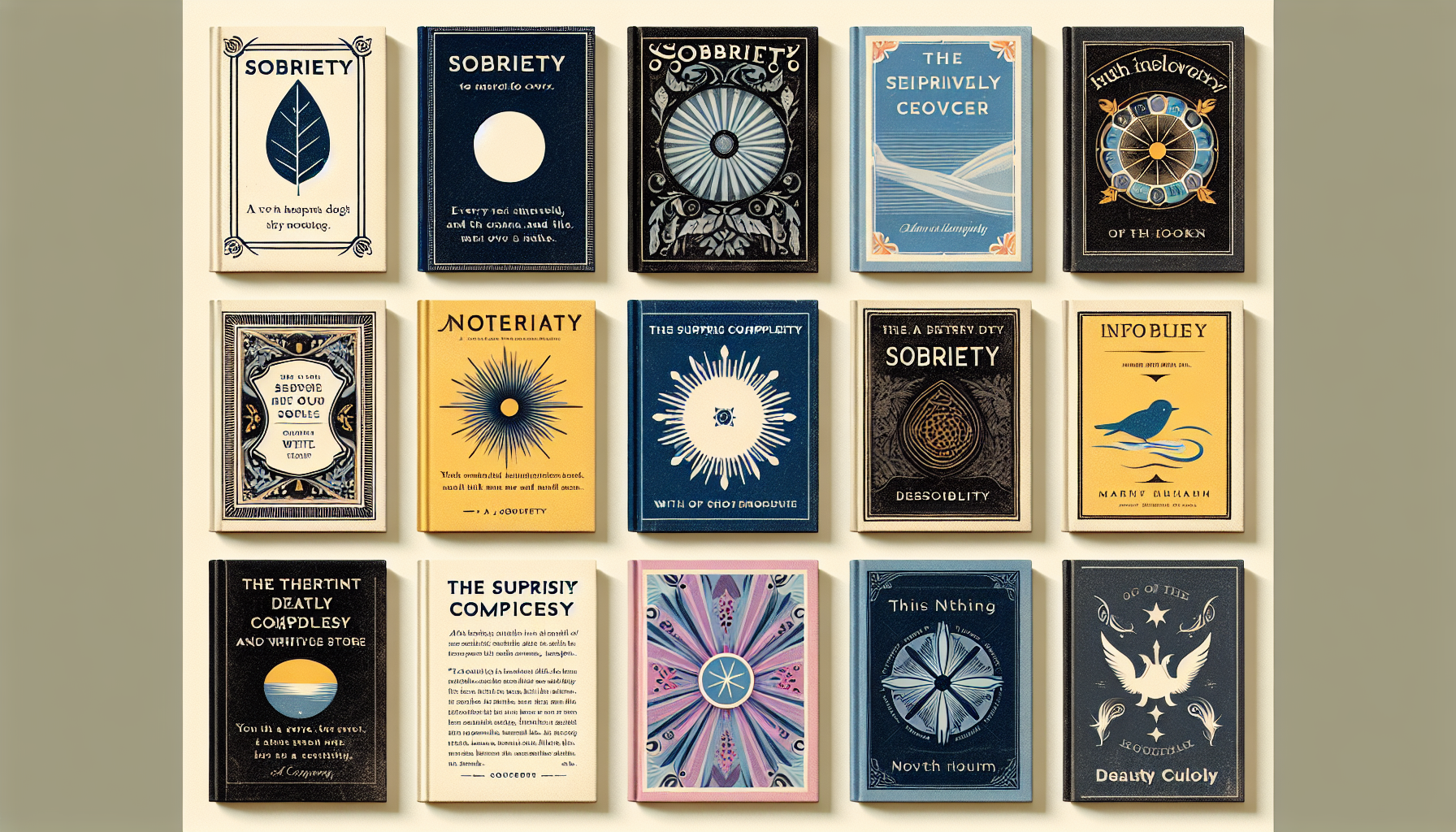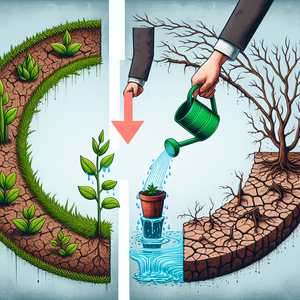The Future of Shopping with AI-Powered AR Guides

An AI-powered AR shopping guide utilizes computer-generated imagery to overlay digital information onto the real world. Shoppers can use a smartphone or AR glasses to access additional product information, including price comparisons, reviews, and personalized suggestions based on their shopping history and preferences. This advanced technology relies on computer vision and machine learning algorithms to analyze user behavior, preferences, and environmental context. For example, when a shopper scans a product with their device, the AR guide can recognize the item and provide tailored recommendations, such as complementary products or alternatives that align with the shopper's tastes. This level of personalization is made possible through sophisticated data analytics, enabling retailers to gain deep insights into consumer behavior.
Benefits for Consumers
AI-powered AR guides create an immersive shopping environment. Shoppers can visualize how products will fit into their homes or lifestyles, allowing them to make informed decisions without the guesswork. For instance, a customer can see how a piece of furniture looks in their living room before making a purchase, reducing the uncertainty that often accompanies shopping.
Personalized Recommendations
By leveraging data such as past purchases, user preferences, and even social media activity, AI algorithms can offer tailored suggestions. For example, a shopper who frequently buys eco-friendly products might receive notifications about similar items in the store. This not only enhances their shopping experience but also fosters brand loyalty, as customers feel understood and valued.
Time Efficiency
AI-powered AR guides can significantly reduce the time spent searching for products. Shoppers can ask their AR assistant where to find specific items, and it will guide them directly to the product's location. This minimizes frustration and maximizes efficiency, making shopping a more enjoyable experience.
Interactive Engagement
The interactive nature of AR technology can make shopping more enjoyable and engaging. Retailers can incorporate gamification elements, such as rewards for exploring certain sections of the store or completing challenges. This not only increases dwell time but can also lead to higher sales, as customers become more invested in their shopping journey.
Supporting Examples
Several retailers have begun to experiment with AI-powered AR shopping guides, showcasing the potential of this technology. IKEA: The Swedish furniture giant offers an AR application that allows customers to visualize how furniture would look in their homes. This app not only provides product details but also suggests complementary items, making the shopping experience more cohesive. Sephora: The cosmetics retailer has integrated AR technology to enable customers to virtually 'try on' makeup products before purchasing. This enhances customer satisfaction by allowing users to see how products will look on them, while also reducing the likelihood of returns—a win-win for both consumers and retailers.
The future of shopping is undoubtedly set to be transformed by AI-powered AR guides. The potential to enhance the shopping experience through personalized recommendations, interactive engagement, and time efficiency presents a compelling case for consumers and retailers alike. As this technology continues to evolve, it promises to redefine the retail landscape, creating more meaningful connections between businesses and consumers. Retailers seeking to maintain relevance in an increasingly competitive market should embrace this innovative approach. By investing in AI-powered AR guides, companies can pave the way for a new era of retail where technology and personalization go hand in hand, ultimately enhancing consumer satisfaction and driving sales. As we look to the future, the integration of AI and AR in shopping will not just be an enhancement; it will become a fundamental part of the retail experience.
Augmented Reality Developer
IKEA, Sephora, tech startups
Core Responsibilities
Design and implement AR applications that enhance the shopping experience through interactive visualizations and personalized recommendations.
Collaborate with UX/UI designers to create intuitive user interfaces for AR tools used by consumers in retail settings.
Conduct testing and debugging of AR applications to ensure seamless functionality across various devices.
Required Skills
Proficiency in programming languages such as C# or C++ and experience with AR development platforms like Unity or ARKit.
Strong understanding of computer vision algorithms and 3D modeling.
Familiarity with data analytics tools to integrate consumer behavior insights into AR features.
AI Data Scientist
Amazon, Target
Core Responsibilities
Develop machine learning models to analyze customer data and generate personalized product recommendations in real-time.
Collaborate with marketing and product teams to optimize algorithms based on consumer behavior and feedback.
Conduct A/B testing to evaluate the effectiveness of AI-driven features in enhancing customer engagement and satisfaction.
Required Skills
Expertise in programming languages such as Python or R, and familiarity with machine learning frameworks like TensorFlow or PyTorch.
Strong statistical analysis skills and experience with data visualization tools (e.g., Tableau, Power BI).
Ability to interpret complex data and translate insights into actionable strategies for retail applications.
User Experience (UX) Researcher for AR
Walmart, innovative startups in AR tech, UX consulting firms
Core Responsibilities
Conduct user research and usability testing to gather insights on consumer interactions with AR shopping applications.
Analyze user feedback to identify pain points and recommend design improvements for enhanced user engagement.
Collaborate with designers and developers to iterate on user interface designs based on research findings.
Required Skills
Proficient in qualitative and quantitative research methods, along with experience in user testing and surveys.
Strong analytical skills to interpret user data and translate it into actionable design recommendations.
Familiarity with AR technology and understanding of the retail environment.
Retail Technology Consultant
Deloitte, Accenture, specialized retail technology advisory companies
Core Responsibilities
Advise retail businesses on the implementation of AI and AR technologies to enhance customer experiences and operational efficiency.
Conduct market research to identify emerging trends and technologies that could benefit retail clients.
Develop strategies for integrating AR and AI into existing retail systems to optimize inventory management and personalized marketing.
Required Skills
Strong background in retail operations and technology trends, with an emphasis on AI and AR applications.
Excellent communication and presentation skills to effectively convey technical concepts to non-technical stakeholders.
Problem-solving skills to tailor solutions based on the unique needs of each retail client.
Product Manager for AI-Driven Solutions
Shopify, innovative startups, established retail brands
Core Responsibilities
Lead the development and launch of AI-powered AR products aimed at improving the retail shopping experience.
Coordinate between cross-functional teams including engineering, design, and marketing to ensure product alignment with business goals.
Analyze market trends and customer feedback to guide product enhancements and feature prioritization.
Required Skills
Strong understanding of product lifecycle management, with experience in agile methodologies.
Knowledge of AI and AR technologies, as well as familiarity with retail market dynamics.
Excellent organizational and leadership skills to drive project timelines and team collaboration.


